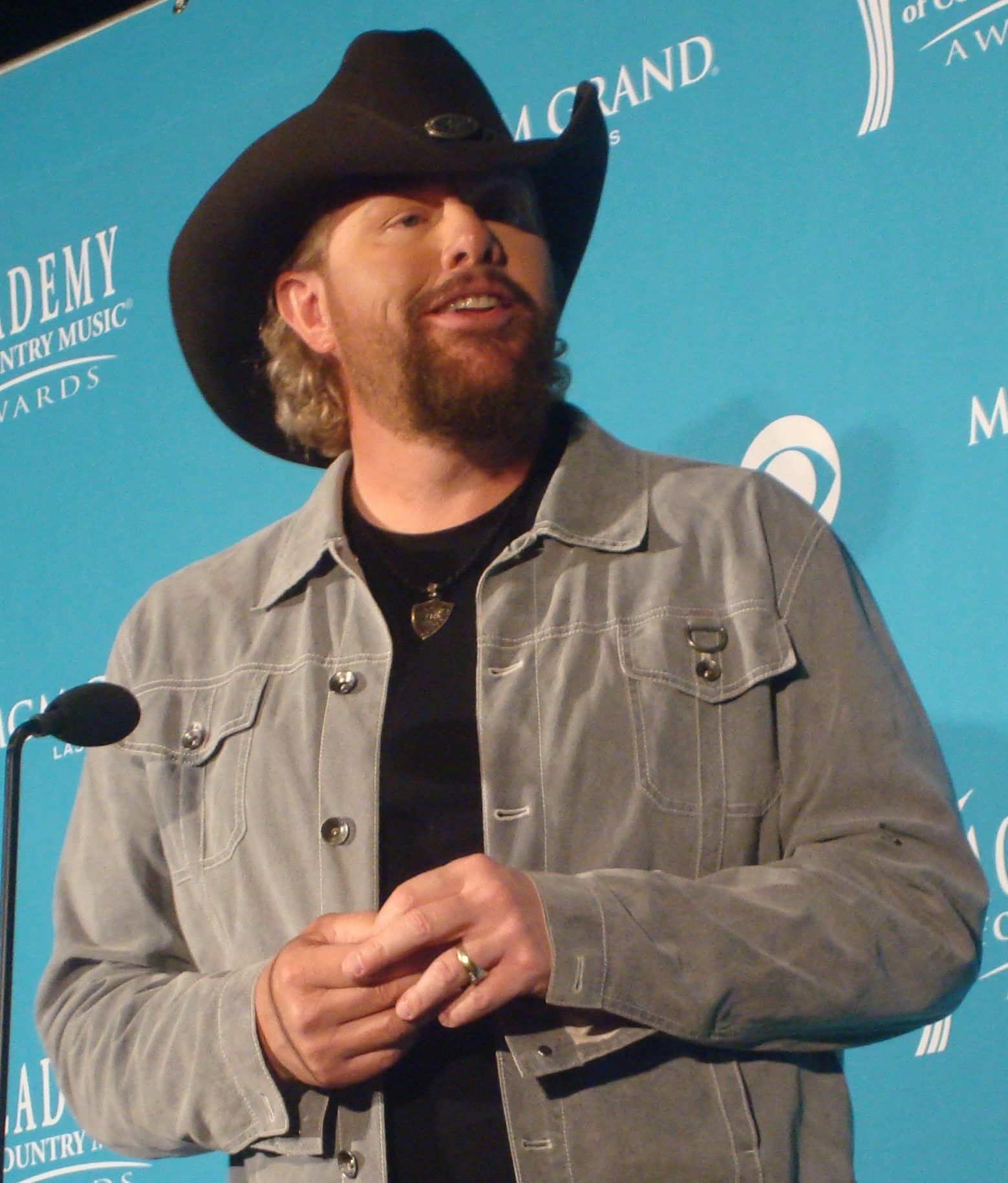
The world of country music, and indeed the broader American pop culture landscape, recently bid farewell to one of its most indelible figures: Toby Keith. A singer, songwriter, and quintessential showman, Keith passed away at 62 after a valiant battle with stomach cancer, surrounded by family. His booming voice, unapologetic patriotism, and direct storytelling left a lasting mark on millions who found solace, strength, and inspiration in his music.
Keith was more than an artist; he was a phenomenon and an independent spirit who carved his own path through Nashville’s often-conforming corridors. From his debut single to his career-spanning hits, he exemplified authenticity and ambition, embodying the ‘Red Dirt’ spirit from his Oklahoma roots. His life and work remain a testament to resilience, self-reliance, and staying true to oneself.
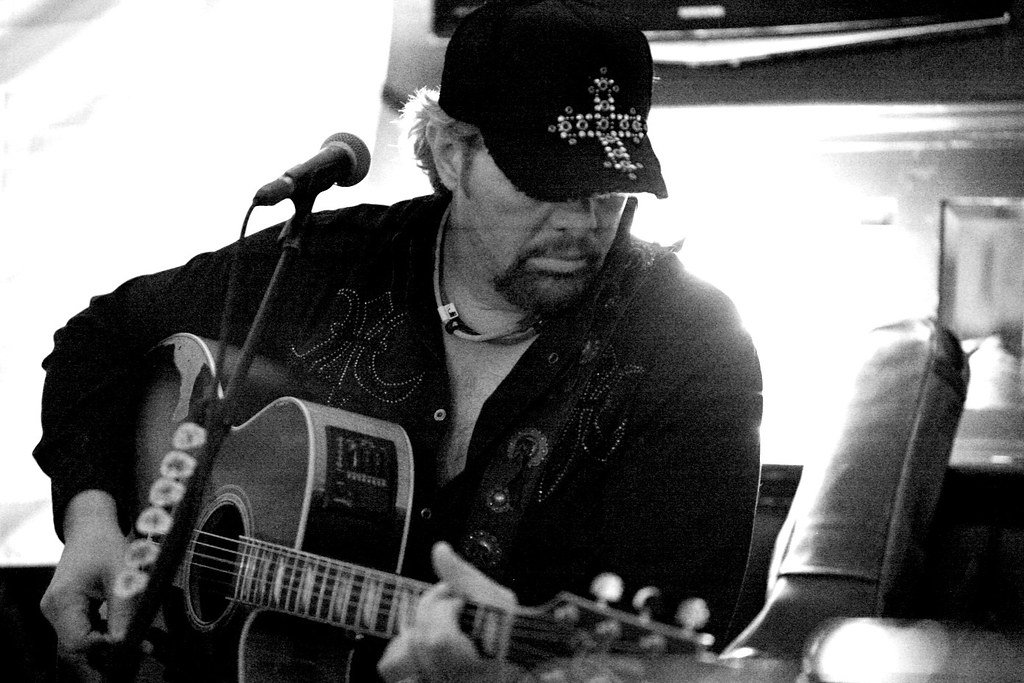
Oklahoma Roots and Early Ambitions
Toby Keith’s journey began far from Nashville’s glittering stages, rooted in the red soil of Oklahoma. In Moore and Norman, Oklahoma, he was as beloved as Elvis Presley in Memphis or Dolly Parton in Pigeon Forge. His formative years in demanding oil fields instilled a strong work ethic and an appreciation for financial prudence.
Keith recalled to Forbes in 2013 that at 18, he earned substantial income climbing oil rigs, which deterred him from pursuing petroleum engineering at Villanova University. The early prosperity ended abruptly when Oklahoma’s oil boom collapsed in 1982, teaching him a lasting lesson about financial security: “It about broke us. So I just learned. I’ve taken care of my money this time.” This practical mindset shaped his future business decisions and career strategy.
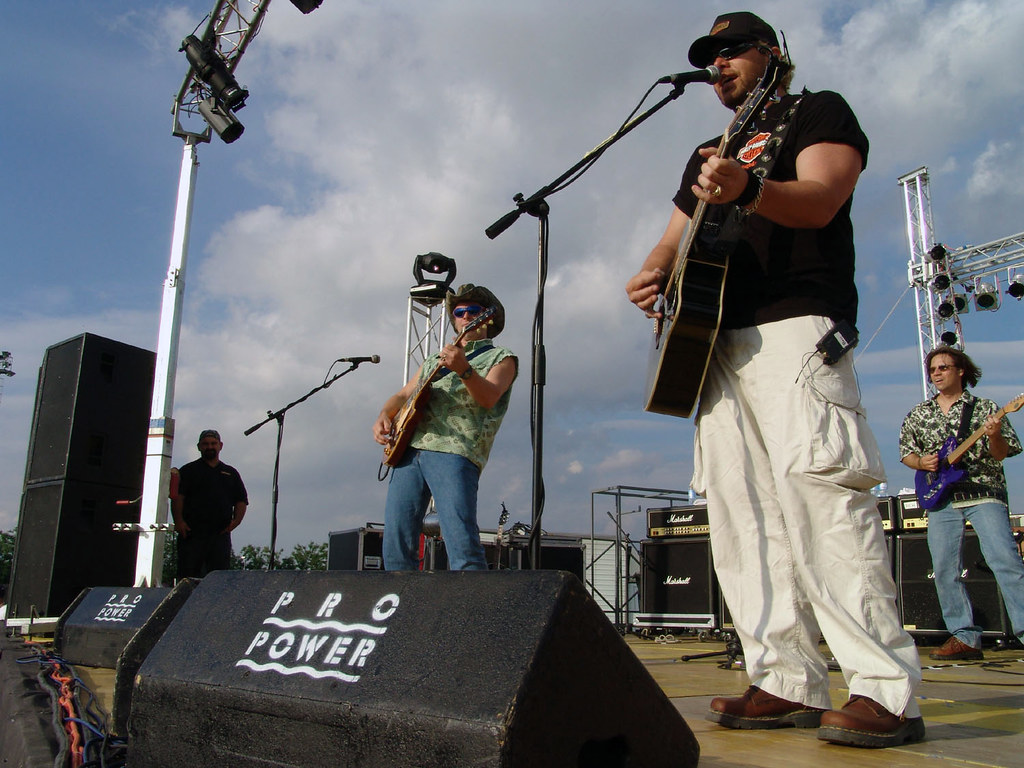
Breakthrough and Early Challenges
Keith’s musical ambitions led him to perform in Oklahoma and Texas bars with his band, Easy Money. His persistent efforts caught the attention of Harold Shedd, head of Mercury Nashville, who signed him. Keith’s platinum debut record, Toby Keith (1993), featured “Should’ve Been a Cowboy,” which became one of his 20 No. 1 singles and the most-played country song of the 1990s with over 3 million radio plays.
Despite early success, Keith clashed with Mercury Records, which prioritized global star Shania Twain and sought a more pop-oriented direction for him. He maintained control over his music, navigating creative tensions while releasing hits like “Who’s That Man” and his cover of Sting’s “I’m So Happy I Can’t Stop Crying,” laying the foundation for his independent career.
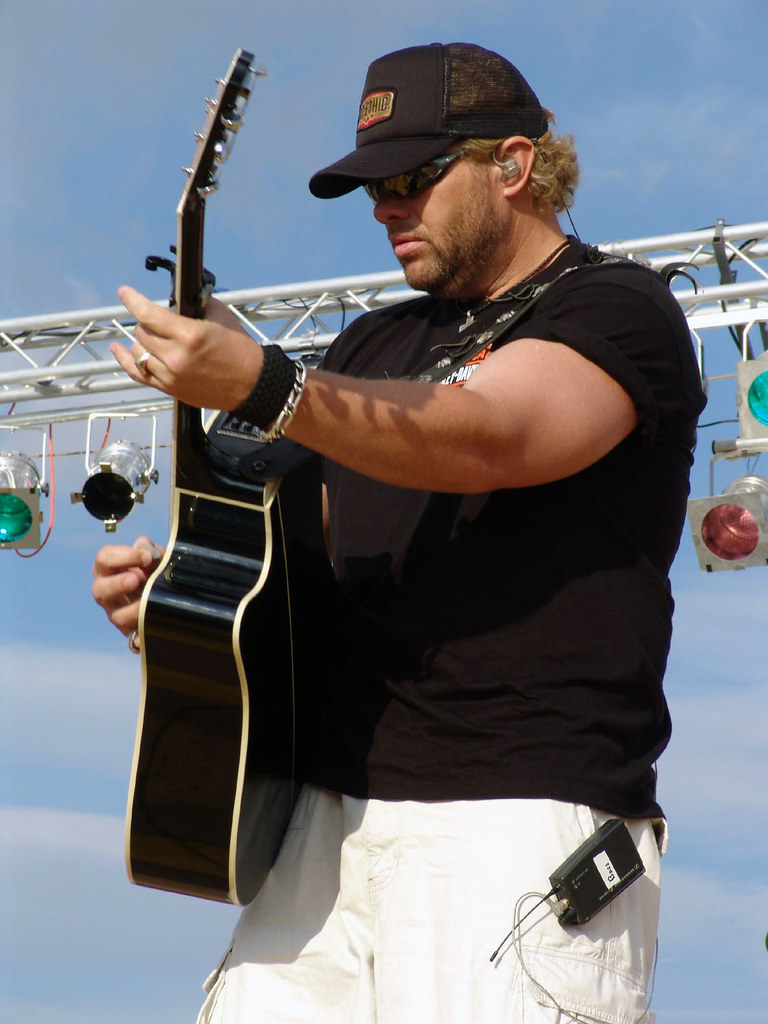
Resurgence and Entrepreneurial Triumph
By 1999, Keith faced challenges at Mercury Nashville, including executive Luke Lewis’s dismissive reaction to his rough album cut, How Do You Like Me Now. Demonstrating confidence and entrepreneurial acumen, Keith bought back the album for $93,000 and sold it to DreamWorks Records for $200,000. The album sold 3.1 million copies, and its title track became his biggest-selling single since “Should’ve Been a Cowboy,” cementing his reputation as an artist in tune with his audience.
Beyond performance, Keith was a celebrated songwriter. Recognized with BMI’s Country Icon award in 2022, he demonstrated a rare talent for crafting narratives that resonated deeply with fans. His peers frequently acknowledged his gift, highlighting how songwriting was integral to his identity and success.

Independence and Business Ventures
Keith’s career reflected fierce independence extending into business. After conflicts with Mercury and subsequent dealings with DreamWorks and Universal, he founded Show Dog Records in 2005 and retained a significant stake in Big Machine Records. This venture launched the careers of artists like Rascal Flatts, Tim McGraw, and Taylor Swift. Keith’s strategic foresight exemplified how artistic integrity and business acumen can coexist, inspiring a generation of musicians to assert control over their careers.
Keith also expanded into the hospitality industry, licensing his name to over two dozen “Toby Keith’s I Love This Bar & Grill” locations. These venues offered fans an immersive experience reflecting the camaraderie celebrated in his songs, demonstrating his understanding of brand engagement and diversified entrepreneurship.

Patriotism and Cultural Impact
Keith’s post-9/11 music solidified his identity as a patriotic voice. Inspired by his father, a soldier, and by national events, he wrote “Courtesy of the Red, White and Blue (The Angry American)” in 2002, which became an anthem for many Americans. The song and subsequent hits like “American Soldier” and “Made in America” reinforced his commitment to celebrating the nation and honoring its military.
While his blunt opinions occasionally sparked controversy, such as his disputes with The Chicks, Keith’s unwavering stance reflected his dedication to personal convictions. He engaged audiences with honesty, even when facing criticism, embodying a maverick spirit that defined his public persona.
Philanthropy and Humanity
Beneath the patriotic and business-minded exterior, Toby Keith was deeply committed to philanthropy. He co-founded Ally’s House in 2004, supporting Oklahoma children battling cancer and their families. Keith’s charitable work, often conducted away from the spotlight, demonstrated a profound dedication to helping those in need, translating his success into tangible aid for the community.
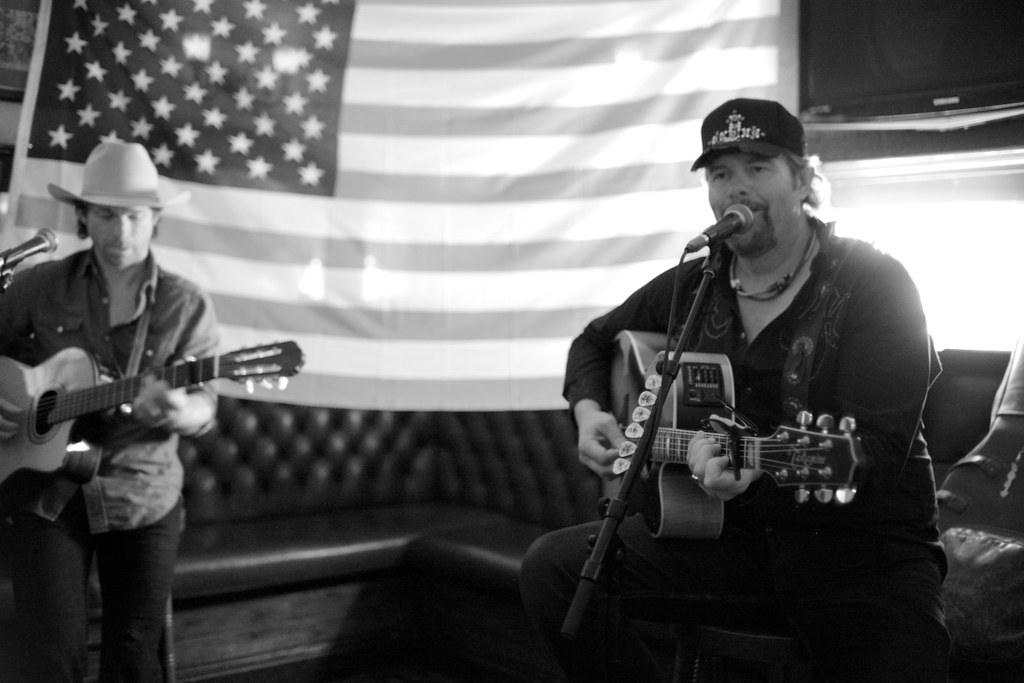
Final Chapter and Legacy
In June 2022, Keith revealed his stomach cancer diagnosis and detailed months of treatment, including chemotherapy, radiation, and surgery. He returned to the public stage at the People’s Choice Country Awards in September, receiving the inaugural Country Icon Award and delivering an emotional performance of “Don’t Let the Old Man In.” His final appearances displayed resilience, grace, and an enduring connection with fans.
Toby Keith passed away peacefully on February 5 at 62, leaving behind a formidable legacy: 20 No. 1 singles, over 40 million albums sold, a Songwriters Hall of Fame induction, and a National Medal of Arts. His influence endures through his music, philanthropy, business ventures, and unapologetic authenticity. From Oklahoma oil fields to Nashville’s stages, Keith defined a generation of country music and secured a permanent place in the American cultural landscape.




